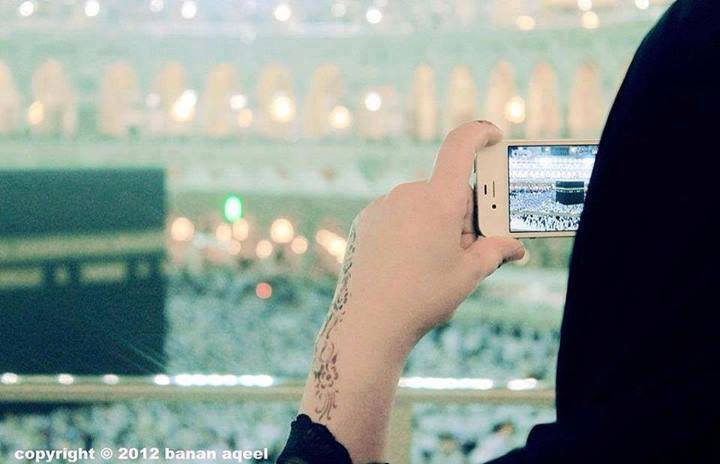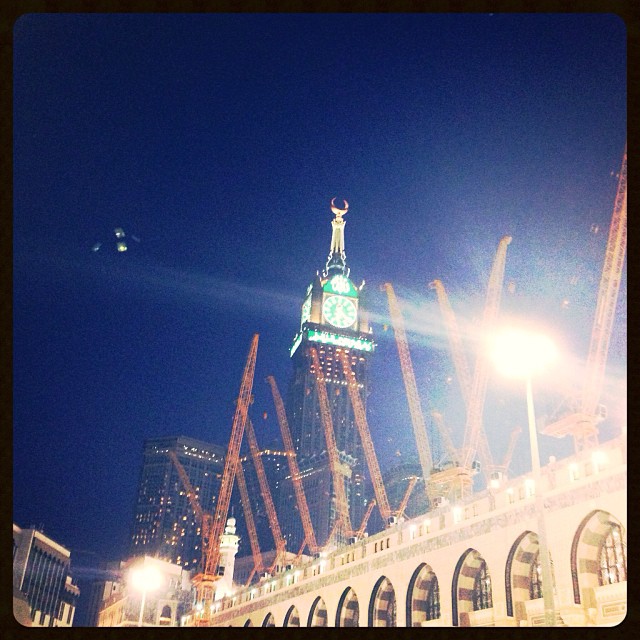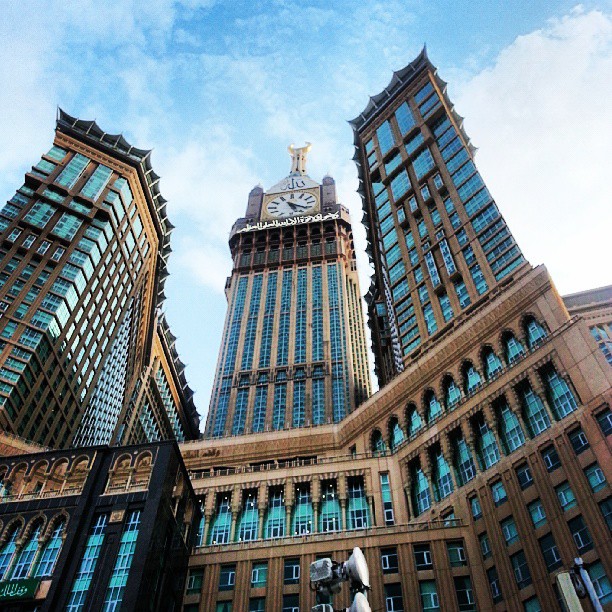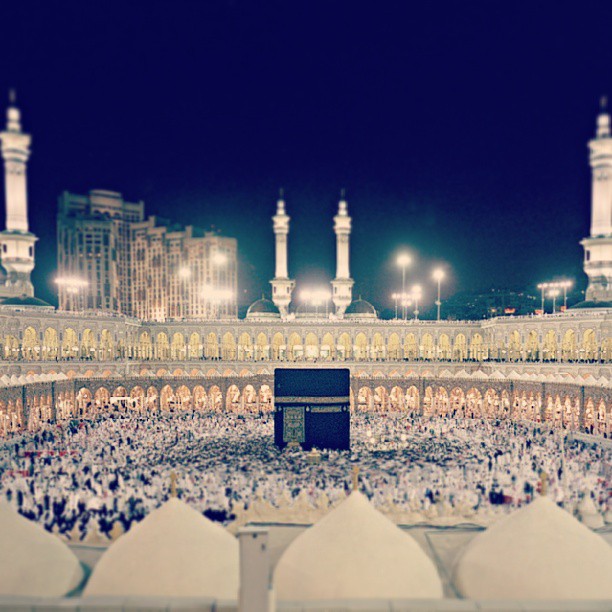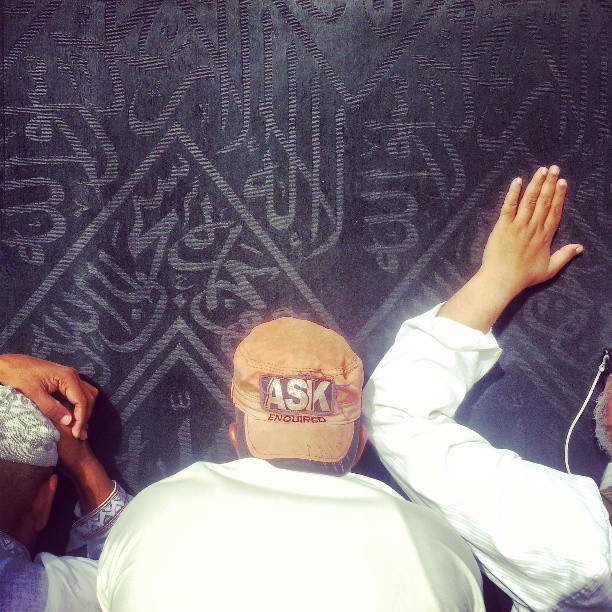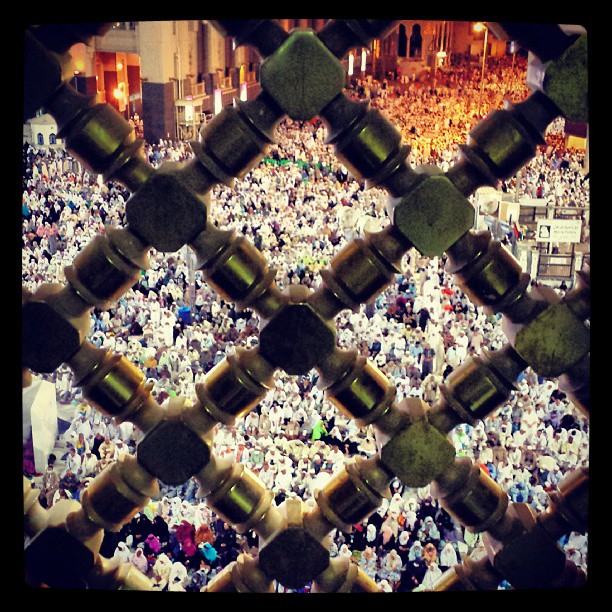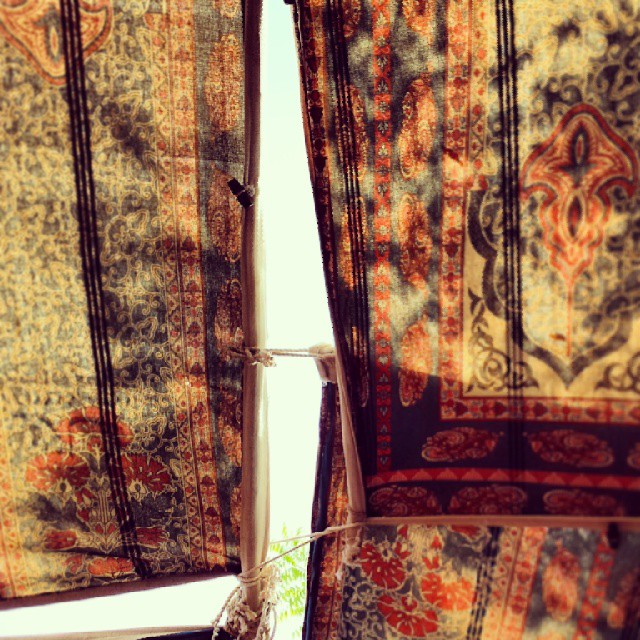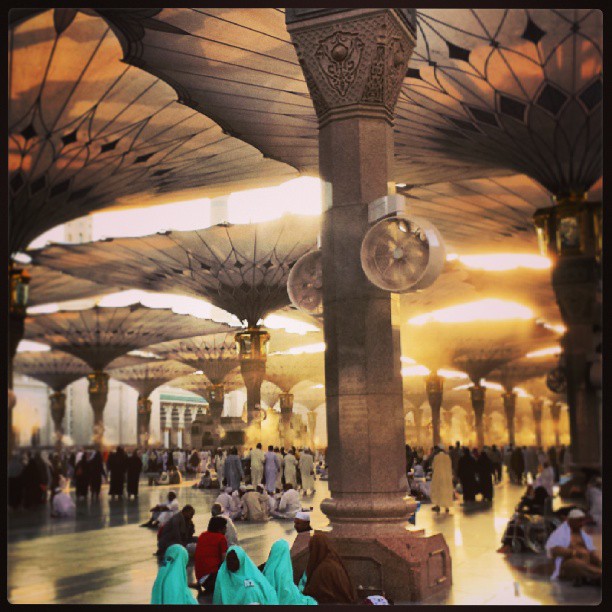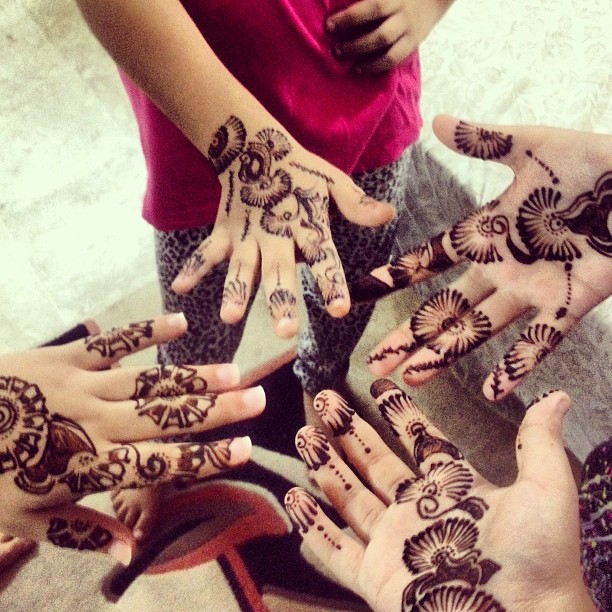by Cody Saleh and Amanda Sass
Meaning to “set out for a place,” the hajj is one of the largest annual human gatherings on the planet. Each year, between two and three million Muslims from around the world travel to Mecca, Saudi Arabia for this purpose. As one of the five pillars of Islam, the Hajj is a religious pilgrimage and an obligation that must be observed by every healthy and financially able Muslim at least once.
For some, it is a strenuous physical ordeal in sweltering heat, while others enjoy the ease of air travel and luxury hotels. Regardless of one's accommodations, the Hajj serves as an immensely spiritual journey. It is often deemed to be the most significant manifestation of Islamic faith and unity, founded in a rich history and tradition. Eid Mubarak to all our Muslim readers!




